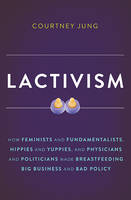 There's always been plenty of people out there who project their parenting preferences onto others - self-appointed citizens who prey on earnest mothers and fathers simply trying to do their best. There are a lot of different parenting styles and approaches out there. And some people are adamant theirs is best. Right?
There's always been plenty of people out there who project their parenting preferences onto others - self-appointed citizens who prey on earnest mothers and fathers simply trying to do their best. There are a lot of different parenting styles and approaches out there. And some people are adamant theirs is best. Right?
That's why politicization of parenting can be so potent. It can cut across ideological lines, with all sorts of aggressive individuals crawling out of the woodwork and sometimes becoming allies - like America's fundamentalist Christians and ardent feminists who rally together to promote breast feeding, with the chorus of their common cause being "breast is best'.
We might find it bizarre that such movements, which are traditionally and (and for the most part) ideologically opposed, would share a common political interest. However author, mother and political scientist Courtney Jung is all too familiar with the nature of political lobbying and what it produces. In her book Lactivism she exposes the way in which various interest groups (businesses, lobby groups, health officials and politicians) have hijacked the sensitive issues of breastfeeding as a ploy to either push their own ideological message(s) or make money. Or, conveniently, both.
This is not a book which is anti-breast feeding. It is a book which discusses the fact that some women, for a variety of legitimate reasons, can't/won't breast feed. Yet, they are often shamed by the aforementioned interest groups who have hijacked the general discourse to create public health hysteria. "A good mother will ALWAYS breast feed" is a phrase which has been twisted to become a guilt-laden sentiment to drive public health policies and messages. Jung manages to dissect and unravel this as misleading, and in many cases, unscientific collection of notions.
Jung sheds light on the poor science surrounding this issue, and how science is misconstrued further by lobby groups to deliver their desired outcomes and misinform the public. Which leads to a form of persecution for anyone bottle feeding, for example. The poor, and often women of colour, are the most affected by the misinformation layered upon society by officials and the (lobby influenced) media. Many women in poorer societies and communities simply cant feed due to health issues (HIV for example). Despite this, this issue is framed as it being a "mother's duty" to breast feed. Always. Sometimes to the detriment of children.
Jung's exposure of this blatant "bottle shaming" is insightful. She lifts the lid on the coercive tactics used to promote one system of feeding to the physical and psychological detriment of mothers and kids, and how this ties into other health problems and initiatives. What is really great about this book is that it clears the fog away from political processes. As a political scientist (don't be put off by the label), Jung examines the evolution of these discussions and how they determine public health policy formulation around the world, and particularly America.
Read more

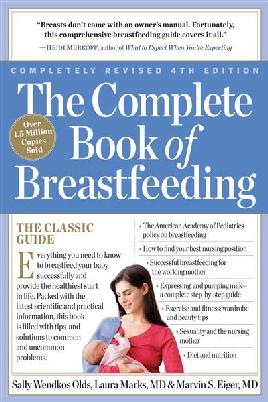
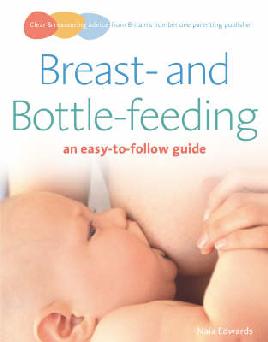
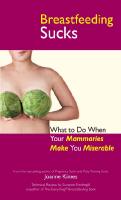
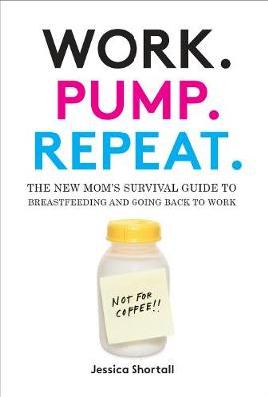

Add a comment to: Lactivism